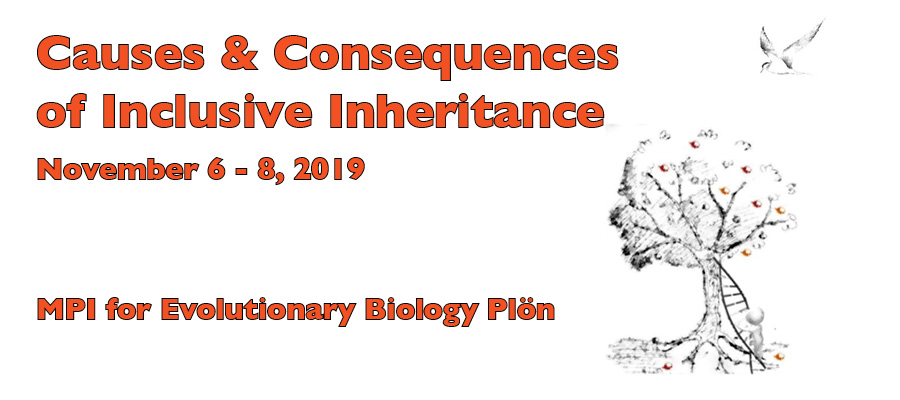Speaker
Description
Natural selection acts upon heritable variation in fitness-related traits. In principle, epigenetic, non-DNA sequence based inheritance can potentially contribute to adaptation. Whether this is the case is largely unknown. To address this, we placed a URA3 reporter gene at different positions within subtelomeric, chromatin-silenced regions in the otherwise isogenic Sacharomyces cerevisiae strains, causing variable degrees of URA3 repression. We placed populations of cells under negative URA3 selection to determine mechanisms of adaptation and the role of heritable gene silencing in this process. We show that populations in which heritable gene silencing occurs have a higher rate of survival and an increased probability of producing genetic mutations. Adaptive mutations appear and fix in populations faster in strains with intermediate level of epigenetic silencing, suggesting that there is an optimal frequency of epigenetic switching that enables genetic assimilation. Genome sequencing of evolved strains indicates that epigenetic silencing of genes under selection allow cells to adapt, not only by inactivation of the URA3 pathway, but also by changing gene expression or by changing the rate of epigenetic switching itself. This work, for the first time, experimentally demonstrates the impact and mechanisms of how epigenetic forms of inheritance shape the evolutionary outcome of a population.

